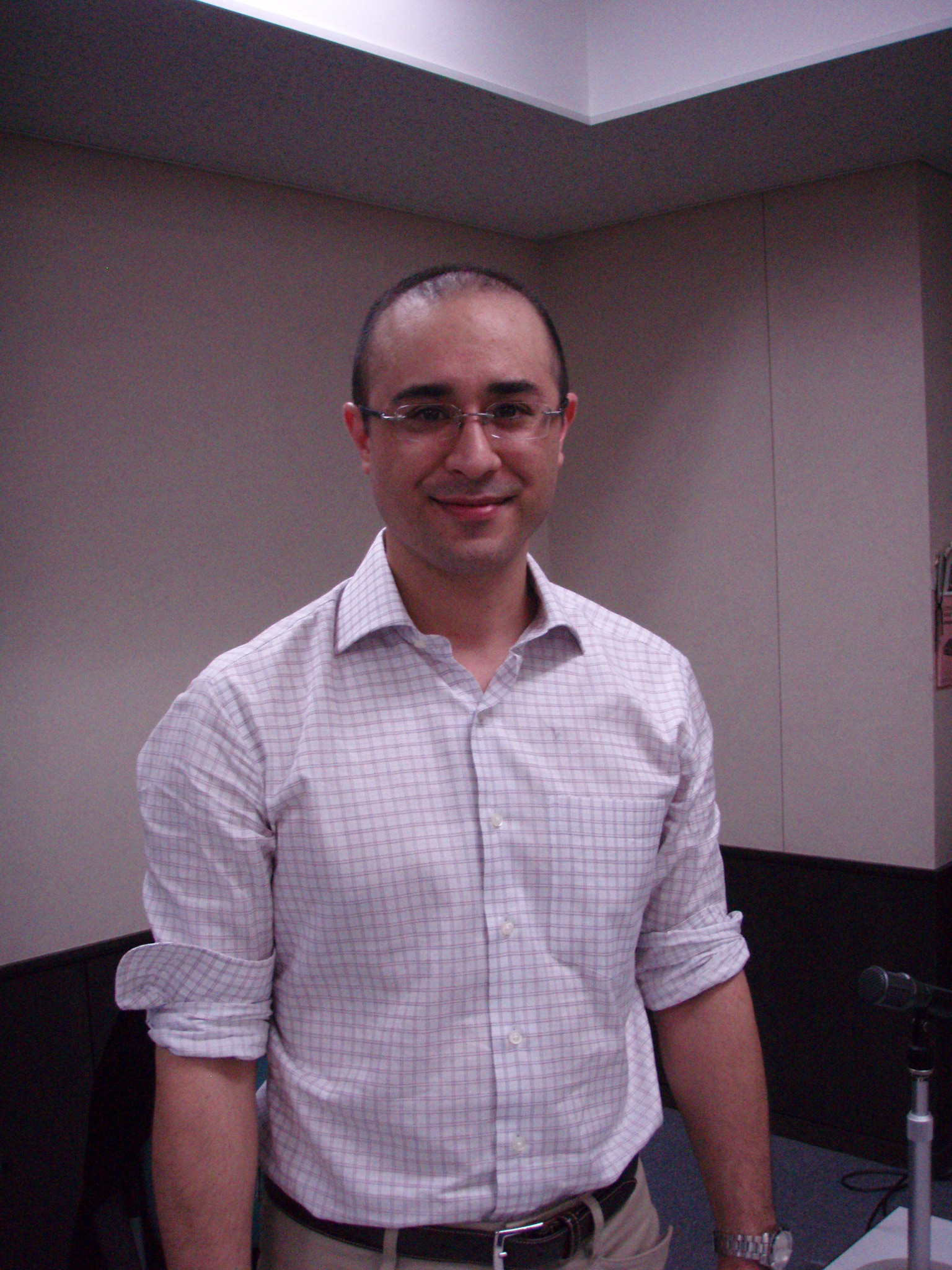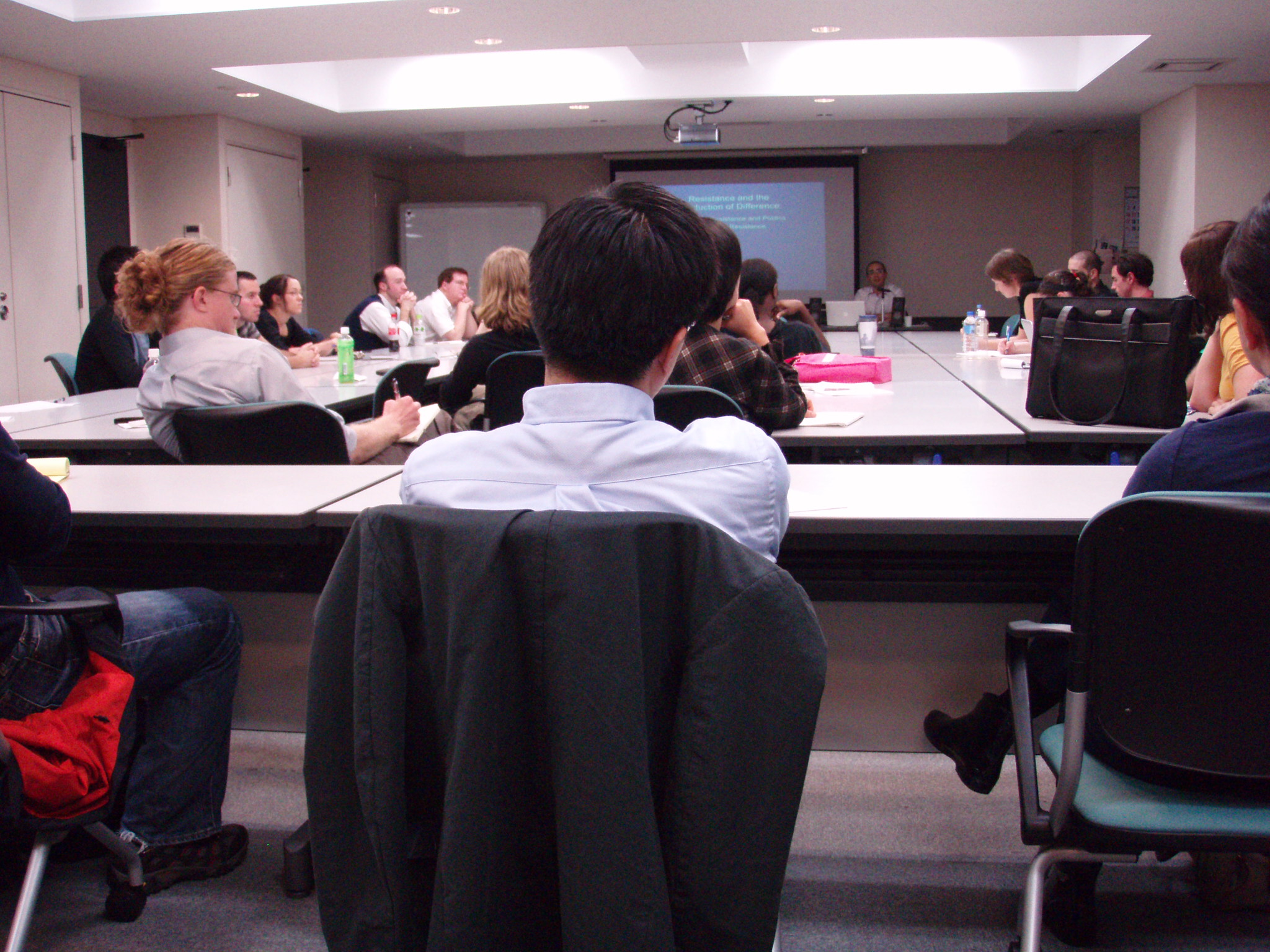Freeters into Precariat: Alienation and Counterculture in Postindustrial Tokyo
October 21, 2010 6:30 PM (finished)
Colin Smith, Ph.D.
(Assistant Professor at Department of Sociology, the University of Hong Kong)
| Date/Time | October 21, 2010 6:30 PM |
|---|---|
| Location | Room 549 5th floor, Akamon Sogo Kenkyuto Institute of Social Science, University of Tokyo [map] |
| Abstract | Since the collapse of Japan's bubble economy in 1990, the ranks of young part-time and temporary workers known as "freeters" have swelled. Growing frustration among young people with the lack of good jobs has materialized in recent years in the form of a new social movement and scene composed largely of these irregular workers. In alliance with anti-globalization movements in other countries, they use the politically charged term precariat (precarious + proletariat) to describe themselves. Since 2003 this movement has staged a number of unusual public protests called "sound demos"--unusual because they incorporate rave music, dancing, costumes, and floats, all elements which are associated more with carnival and spectacle than with serious political protest--in the heart of Tokyo and other cities. Members have also been involved in and/or organized protests against the war in Iraq, security surveillance and police checks in Tokyo, and the privatization of Shibuya's Miyashita Park, among other issues. My research on this topic is a work-in-progress, and in this talk I present the questions I am trying to answer and examine how this social movement and its associated social network have developed through the production of public spectacles and alternative spaces such as 'underground' cafes, bookstores, recycle shops, used clothing stores, art spaces, and communal living spaces in various parts of Tokyo. It is based on participant- observation fieldwork I conducted in Tokyo in the spring and summer of 2009, and the summer of 2010. |
| Bio | Colin Smith is an assistant professor of anthropology in the Department of Sociology at the University of Hong Kong. His research is concerned with the social and cultural dynamics of post-industrialization. It focuses specifically on changes in youth, labor, and lifestyle in contemporary Japan. Before joining the faculty at the University of Hong Kong in 2009, he was a JSPS postdoctoral fellow, a visiting assistant professor at Swarthmore College, and a postdoctoral fellow at Columbia University's Weatherhead East Asian Institute. He received his Ph.D. in Social and Cultural Anthropology from Yale University in 2006. His teaching and research interests include contemporary Japanese society and culture, postindustrial society, consumer culture and counterculture, and cultural strategies of economic and urban development in world cities. |

